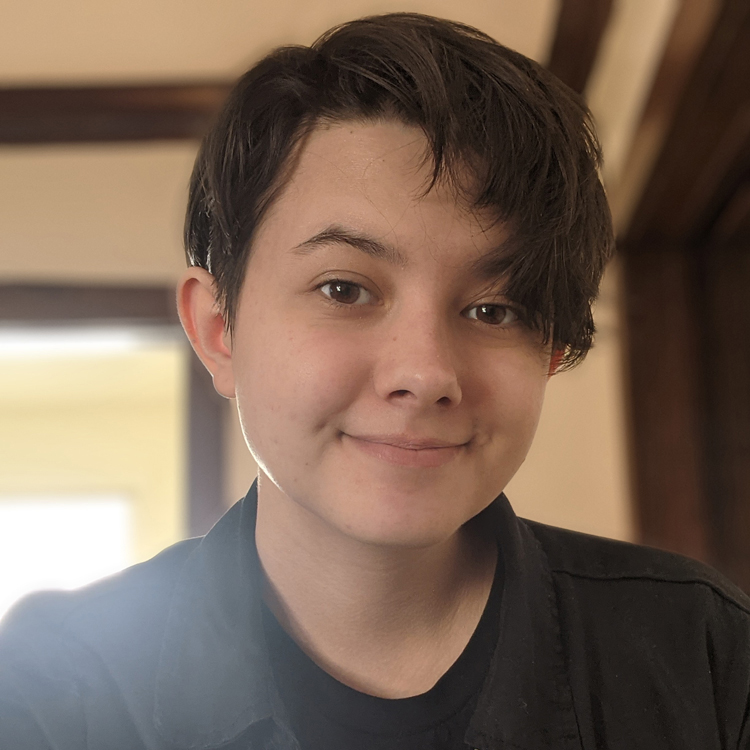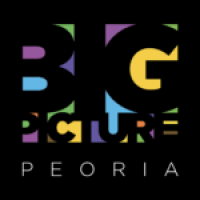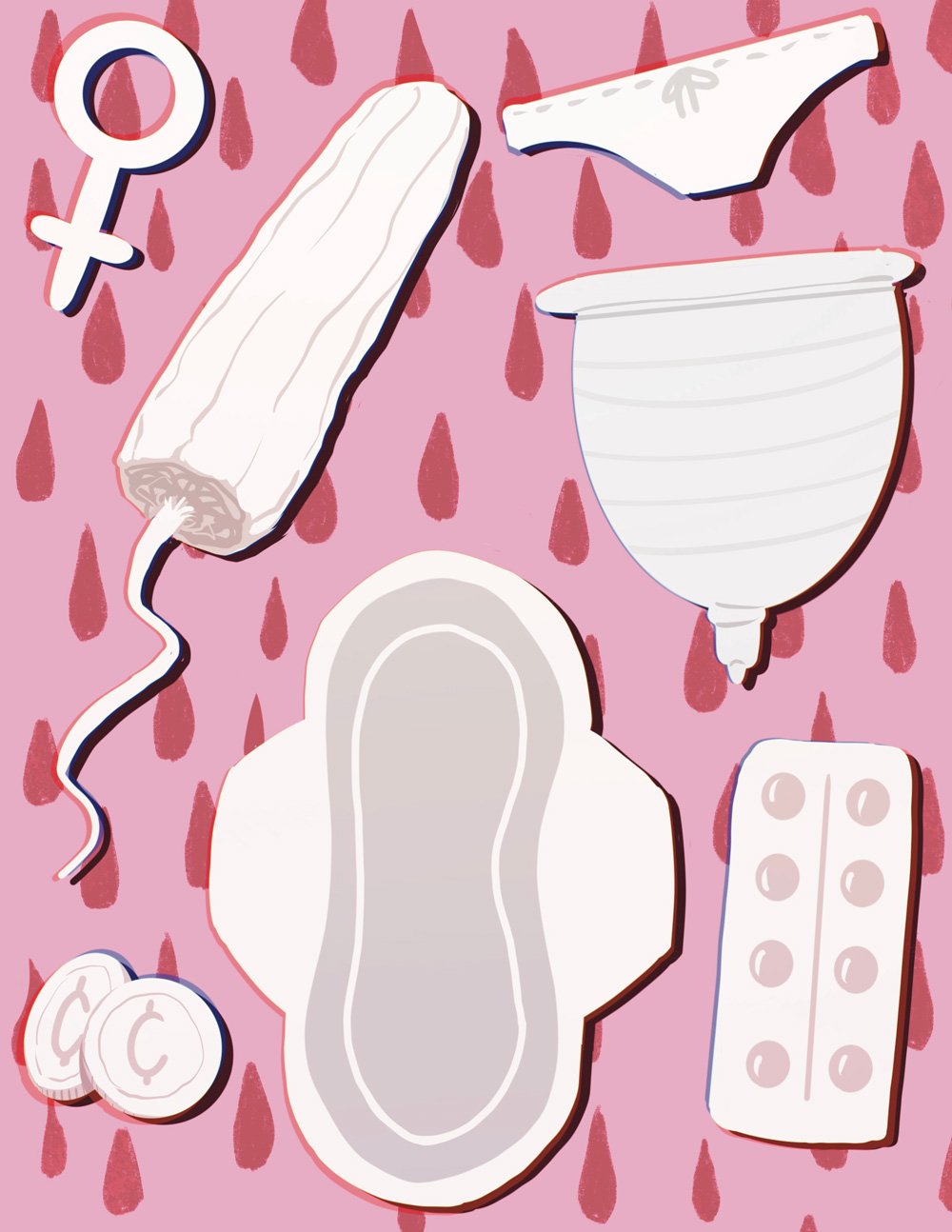by Neve Kelley
“Period Poverty” is a real issue—and there are practical ways for communities to address it.
It is no secret that adequate tampons, pads, and other products used to manage menstruation are costly. The average woman spends 2,250 days of her life menstruating and thus may spend thousands of dollars on related products throughout her lifetime. To make matters worse, many states apply a “pink tax,” meaning menstrual products are taxed as non-essential items, making them even more expensive (Duquesne University). No matter her financial situation, a woman must find a way to purchase or obtain suitable menstrual care products. But what if she can’t?
Period poverty is the inadequate access to pads, tampons, liners, and other items necessary to manage menstruation, often coupled with a lack of access to general hygiene items. The most prominent groups impacted with this issue are students and homeless women. These women are often forced to use rags, paper towels, toilet paper, or anything else they can find to substitute for menstrual products. Others may ration their products by using them for far longer than recommended (Duquesne University). This makes these women more vulnerable to health risks—urinary tract infections, for example—that if not properly taken care of can result in recurrent infections, permanent kidney damage, and in extreme cases, even death (Mayo Clinic). Additionally, 1 in 5 girls in America have left or skipped their classes because of an inability to access proper menstrual care products (Alliance for Period Supplies). These are issues no young woman should ever have to face.
The largest reason this problem has been left unsolved for so long is the stigma surrounding menstruation. Jill Litman at Berkeley Public Health says, “It is a topic that people are usually uncomfortable talking about and is typically a topic that is only discussed behind closed doors. This is because cultures all over the world have developed detrimental concepts and beliefs about menstruation.”
I knew it was time to break this stigma, which is why I became a volunteer for Her Drive. Her Drive is a Chicago-based 501 (c)(3) nonprofit that collects bras, menstrual care items, and general hygiene products for people in need. They strive to empower, inspire, and educate youth leaders to work to end period poverty in their own communities. The executive team began this project in June of 2020, collecting products for those in need in the Chicagoland area, then began facilitating drives for hundreds of groups nationwide. Another Richwoods student and I hosted a drive in Peoria throughout April. We used our school, flyers, social media, and other mediums to get the word out and ended up collecting
4,314 items, which we donated to Dream Center Peoria and the Children’s Home. Doing this, we have hoped to shed light on the relevance of period poverty to fellow students and the Peoria community. While our drive has concluded, you can still support Her Drive by visiting their website to learn more about their mission and donate. I also encourage you to spread awareness about this topic so period poverty can be lessened worldwide.
Other organizations you can support:
Days for Girls
The Pad Project
The Period Collective
About Neve Kelley

Neve Kelley and is an International Baccalaureate student at Richwoods High School. In addition to being in an academically rigorous program, she is heavily involved in community and school theatre productions. Kelley takes private voice lessons, training in musical theatre and opera, and has been involved in choir and madrigals. Kelley is also a writer for the news section of the school paper, a Student Council senator, in various school clubs, and active in community service. Most Recently, she became a volunteer for Her Drive, a nonprofit aimed at providing bras, mensural products, and general hygiene products to help end period poverty. As part of that effort, she hosted a month-long drive in Peoria to help those in need.
Art by Aryanne Westfall

Aryanne “Ary” Westfall is a sophomore at Bradley University majoring in Animation and minoring in Theatre Arts. She is pursuing a career as a storyboard artist and enjoys creating graphic novels in her free time. As a member of the Digital Art Team, Westfall spends her time connecting with other artists and creating as much as she can.

